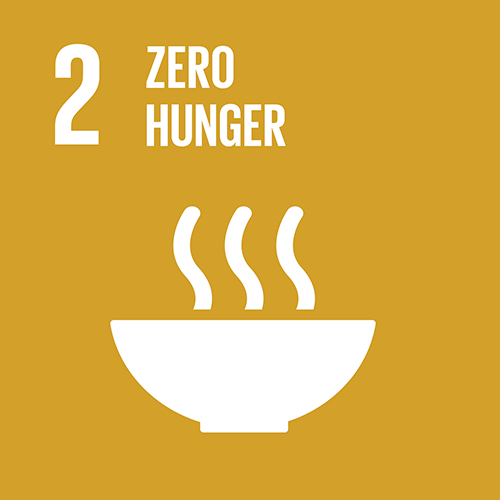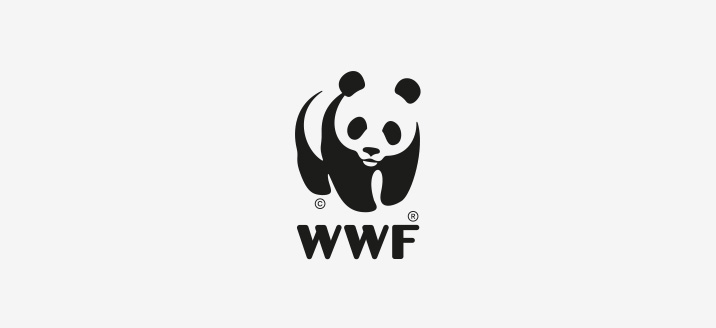Biogas Plants Increase Health of 7500 Families in Nepal

Project type: Biogas
Project location: Terai Arc region, Nepal
Project status: Completed, exclusive
Annual emission reduction of the whole project: 21,088 t
In partnership with Coop, WWF Nepal is constructing 7,500 biogas plants in rural Nepal, minimizing the unsustainable consumption of firewood for cooking. This reduces CO₂ emissions and deforestation.
The Nepalese region Terai Arc includes several areas with animal and plant species worthy of protection. In order to protect the local ecosystems, 7,500 small biogas plants are being constructed and installed for farmers and their families. The biogas plants reduce the demand for non-sustainable firewood and thus diminish CO₂ emissions as a consequence of deforestation.
300 Bengal tigers live in the area, where the project has created more than 1,500 permanent jobs. One of the highest Bengal tiger densities in the world.
The dume-shaped plants were developed in Nepal and deliver sufficient cooking energy for a family with at least two cows or buffaloes. The cattle manure is mixed with water and added to the plant. The anaerobic decomposition of the organic substance leads to the development of biogas, which is routed via pipe connections into the kitchen and used for cooking.
I do not regret that we have spent so much money on the plant when I see the advantages for our family.
The project in the southwest of Nepal offers several advantages to the local population: The time-consuming search for firewood is no longer necessary, hundreds of jobs are created during the planning, construction and maintenance of the plant, and the latrines that are connected to the biogas plants are improved. Moreover, in contrast to firewood, the use of biogas for cooking causes no health-damaging smoke. The digestate from the biogas plants can be used as a biological fertilizer, which improves crop yields.
The project is financed by Coop, among others, and implemented by experienced Nepalese organisations. A micro-financial system ensures that, in the end, the plants can be transferred to the farmers.
Have a look at more pictures on myclimate-Facebook!
This project contributes to 10 SDGs (as of end 2021):
Find out how myclimate reports these SDGs in our FAQ.
The following SDGs are verified by the Gold Standard:
The use of slurry (organic fertiliser produced by the farmers themselves) helps to prevent small farmers from becoming dependent on chemical fertilisers, thus improving their families’ financial situation.
50,250 persons have benefited from better air quality since the start of the project.
Because the time-consuming collection of firewood is no longer necessary (832 hours saved per household per year), children have more time to go to school and do homework.
7,500 biogas digesters have been installed since the start of the project.
1,607 temporary jobs have been created for the local population and 4899 people have been trained in the use of biogas plants.
The recycling of organic waste contributes to sustainable waste management.
115‘723 tonnes of CO₂ reduced so far.
These SDGs have been approved by myclimate:
The biogas digesters produce organic fertiliser and thus reduce chemical fertiliser, thus contributing to sustainable agriculture.
Only women are entitled to buy and own a biogas plant. This helps to level out the balance of power in the family and to strengthen the position of the women.
To date, the programme has reduced wood consumption by 106,495 tonnes and has thus saved 977 hectares of forest from deforestation.
Situation without project
Non-renewable wood as energy sourceDocumentations
Project standard

Project number
7119


















